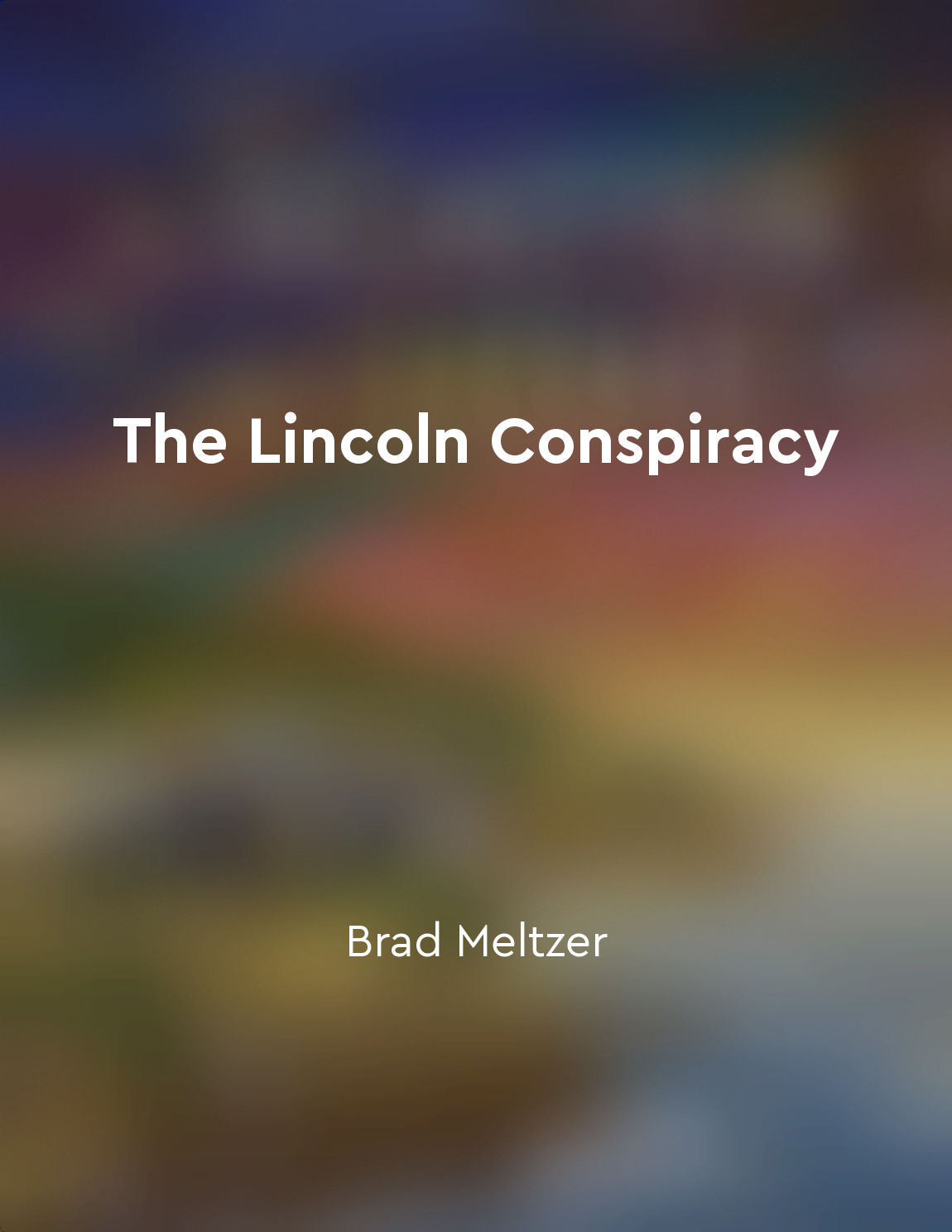Secret police from "summary" of Iron Curtain by Anne Applebaum
The secret police were a unique and powerful institution in Eastern Europe during the postwar period. They were not simply an extension of the regular police force, but rather a separate arm of the state apparatus with its own rules, procedures, and methods. Their primary function was to detect and suppress any form of dissent or opposition to the ruling regime. Operating in secret, the secret police maintained a pervasive presence in society, monitoring citizens' activities, conversations, and even thoughts. Their informants were recruited from all walks of life, creating a network of spies that reached into every corner of society. This network allowed the secret police to maintain control and instill fear among the population. The secret police used a combination of surveillance, interrogation, and intimidation to achieve their goals. They employed a variety of tactics, including wiretapping, mail interception, and infiltration of opposition groups. Interrogations were often brutal and coercive, designed to extract confessions and information from suspects. The secret police were not bound by the rule of law, operating outside the normal judicial system. They had the power to arrest, detain, and even execute individuals without due process or legal recourse. This lack of accountability made them a feared and despised institution among the populace. Despite their repressive tactics, the secret police were unable to completely eradicate dissent. Underground movements, samizdat publications, and acts of resistance persisted, challenging the authority of the state. The secret police's grip on society was not absolute, and their efforts to maintain control were met with defiance and resistance. In the end, the secret police were a symbol of the oppressive nature of the communist regimes in Eastern Europe. Their presence served as a constant reminder of the state's power and authority, casting a shadow over every aspect of daily life. The legacy of the secret police continues to haunt the region to this day, a reminder of the dark and repressive past that many are still struggling to come to terms with.Similar Posts
Power is manifested through disciplinary mechanisms
The exercise of power can be seen in the subtle and pervasive ways in which disciplinary mechanisms operate. These mechanisms w...
Cultural isolation
Cultural isolation in Eastern Europe during the early years of the Cold War was not just a matter of closed borders or restrict...
Betrayal is a common theme in politics
Betrayal is an essential part of the political game. It is a necessary evil that often plays a central role in the power strugg...
Gulags
The Gulags were a vast system of labor camps that dotted the Soviet Union in the years following World War II. Originally estab...
Power structures are fragile
Power structures are indeed fragile. They rely on the obedience and compliance of the people to maintain their authority. When ...

Putin's regime is characterized by corruption, censorship, and repression
Catherine Belton elucidates the intricate web of corruption that permeates Putin's regime in her book 'Putin's People'. She del...
Eastern Europe
The term "Eastern Europe" is a complex and multifaceted concept that has evolved over time. It refers to a region of Europe tha...

Unraveling the web of lies
In the depths of history lies a tangled mess of deceit and treachery, waiting to be uncovered by those brave enough to confront...
The Gulag Archipelago is a testament to the enduring power of the human spirit
In the face of unimaginable suffering and oppression, the prisoners in the Gulag Archipelago demonstrated an unwavering resilie...
